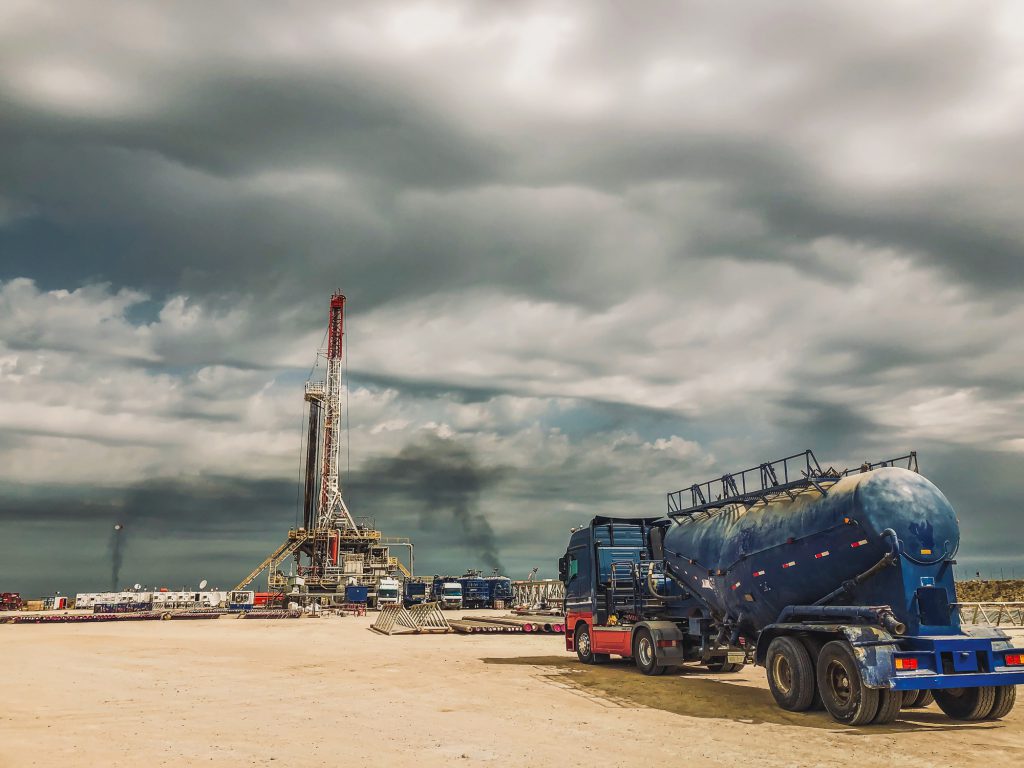As oil prices spike to the highest levels in 14 years, U.S. shale producers Oasis Petroleum Inc. and Whiting Petroleum Corp. have announced they will merge in a $6 billion deal. Geopolitical instability triggered by Russia’s invasion of Ukraine has further altered the fortunes of North American oil and gas producers – and Oasis and Whiting seek to seize the opportunities presented by the new economic realities.
Expected to close in the second half of 2022, the merger-of-equals “will bring together two excellent operators with complementary and high-quality assets to create a leader in the Williston Basin,” according to the companies’ press release, referring to the region across North Dakota, South Dakota, and Montana known for rich oil and gas deposits.
Source: https://www.eia.gov/todayinenergy/detail.php?id=51498
Both companies emerged from Chapter 11 bankruptcies in 2020. When the COVID-19 pandemic hit, oil prices dropped precipitously due to drastic reductions in demand. As countries went into lockdown, air and ground travel evaporated – and the need for oil along with it. U.S. shale producers suffered especially, since it is costly to extract oil from shale.
While extracting crude oil is relatively straightforward and requires drilling to depths of about 6,000 feet to then the oil extracted en masse, shale oil requires more complex processes. The shale layer of the earth is often 50% deeper and then requires additional horizontal drilling across 10,000 feet to collect the more dispersed pockets of oil and gas. Further, companies such as Oasis and Whiting employed fracking technology, whereby high-pressure liquid into the shale to extract the resources. Shale producers typically require that oil prices remain above $50-$60 per barrel in order to turn a profit. With the Brent crude oil benchmore dropping as low as $9.12/barrel during the early weeks of the pandemic, Whiting Petroleum filed for bankruptcy protection in April 2020 and Oasis followed that September.
But oil prices began rising late 2020 and throughout 2021as the world rebounded from the pandemic. Fiscal stimulus and pent-up consumer demand helped the economies of the West to quickly return to pre-pandemic GDP levels – and demand oil as they grew. Inflationary pressures across the global economy that have sent commodity prices higher.
Prices surged further due to supply concerns following Russia’s invasion of Ukraine. Western nations have begun banning Russian oil and private companies canceling contracts with Russian producers in retaliation for the war. Russia is the third largest producer of oil in the world, behind only the United States and Saudi Arabia, and the West’s punishing sanctions have begun to limit the supply flowing to many of the world’s largest importers.
Within this context, Oasis and Whiting Petroleum have rebounded from their respective bankruptcies and plan to join companies in a reverse triangular merger. According to Matterhorn’s comprehensive M&A database, which harnesses AI to track current and historical deals, Oasis is advised by law firm Vinson & Elkins LLP and financial advisers Tudor, Pickering, Holt & Co. and RBC Capital Markets LLC. Whiting Petroleum is advised by law firm Kirkland & Ellis LLP and financial adviser Citi.
